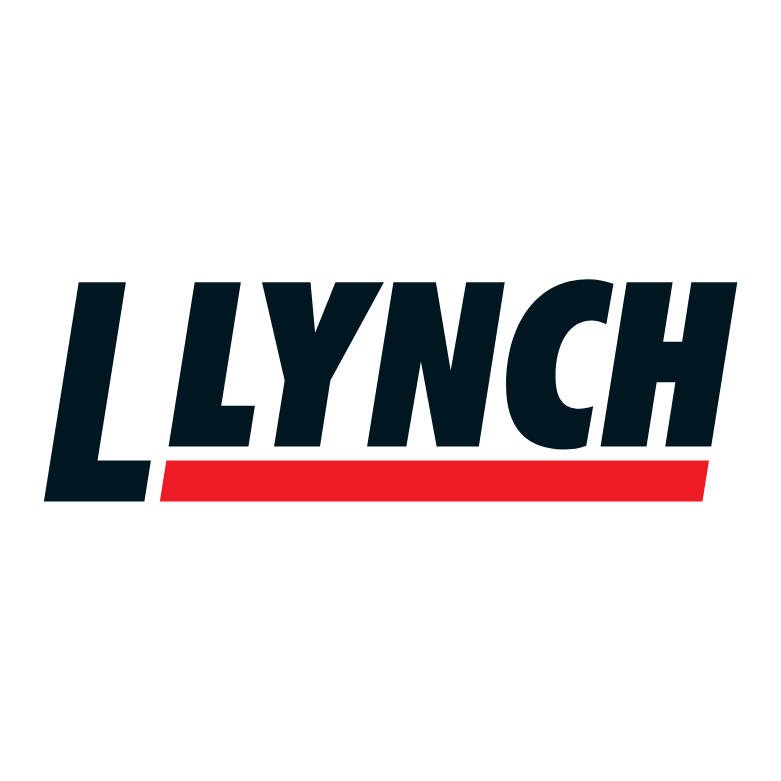The Power of Promotional Products: Why Branded Items Matter
Promotional products have long been a staple in marketing strategies, and for good reason. These tangible items, often branded with a company's logo or message, offer unique advantages that other forms of advertising simply cannot match. Let's delve into why branded items are so powerful and why they continue to matter in today's digital age.
1. Tangible Connection
Promotional products create a physical connection between the brand and the recipient. Unlike digital ads that can be scrolled past or TV commercials that can be skipped, a tangible item remains in the hands and minds of the consumer. This physical presence helps to reinforce brand recognition and recall.
2. Extended Brand Exposure
A well-chosen promotional item can provide prolonged exposure. For example, a branded Premium Pen, a printed Tote Bag, or a corporate cuswstom Coffee Mug can be used daily, repeatedly bringing the brand into the user's line of sight. This repeated exposure helps to keep the brand top-of-mind for an extended period.
3. Cost-Effective Marketing
Promotional products often offer a high return on investment. The cost per impression (CPI) of promotional items can be significantly lower than that of traditional advertising methods. For example, a branded Tote Bag that costs £5 and is used 200 times has a CPI of just £0.025 per use, making it a highly cost-effective marketing tool.
4. Increased Brand Loyalty
Receiving a free promotional item can create a positive impression of the brand, fostering goodwill and loyalty. When consumers feel appreciated, they are more likely to remain loyal to the brand and even advocate for it. This can lead to increased customer retention and word-of-mouth referrals.
5. Versatility and Creativity
Promotional products come in a wide range of forms, from practical items like custom USB Flashdrives and printed Notebooks to fun and quirky items like promotional Stress Balls and custom printed Sweets & Treats. This versatility allows brands to choose products that align with their image and message. Creative and unique promotional items can capture attention and differentiate a brand from its competitors.
6. Targeted Marketing
Promotional products can be tailored to specific audiences, events, or campaigns. By selecting items that resonate with a particular demographic or event, brands can create a more personalised and effective marketing approach. For example, tech companies might distribute branded Power Banks at tech conferences, directly appealing to their target audience.
7. Enhanced Perceived Value
High-quality promotional items can enhance the perceived value of a brand. When consumers receive a well-made, useful item such as a corporate branded Umbrella, they may perceive the brand as being of higher quality and value. This positive association can influence their purchasing decisions and brand loyalty.
8. Measurable Impact
The impact of promotional products can be measured through various metrics, such as distribution numbers, brand recall studies, and customer feedback. This data can help companies refine their promotional strategies and ensure they are effectively reaching their target audience.
In an increasingly digital world, promotional products remain a powerful tool for building brand awareness, loyalty, and engagement. Their tangible nature, cost-effectiveness, and ability to provide prolonged exposure make them an invaluable part of any comprehensive marketing strategy. By carefully selecting and strategically distributing branded items, companies can create lasting impressions and foster meaningful connections with their audience.




























